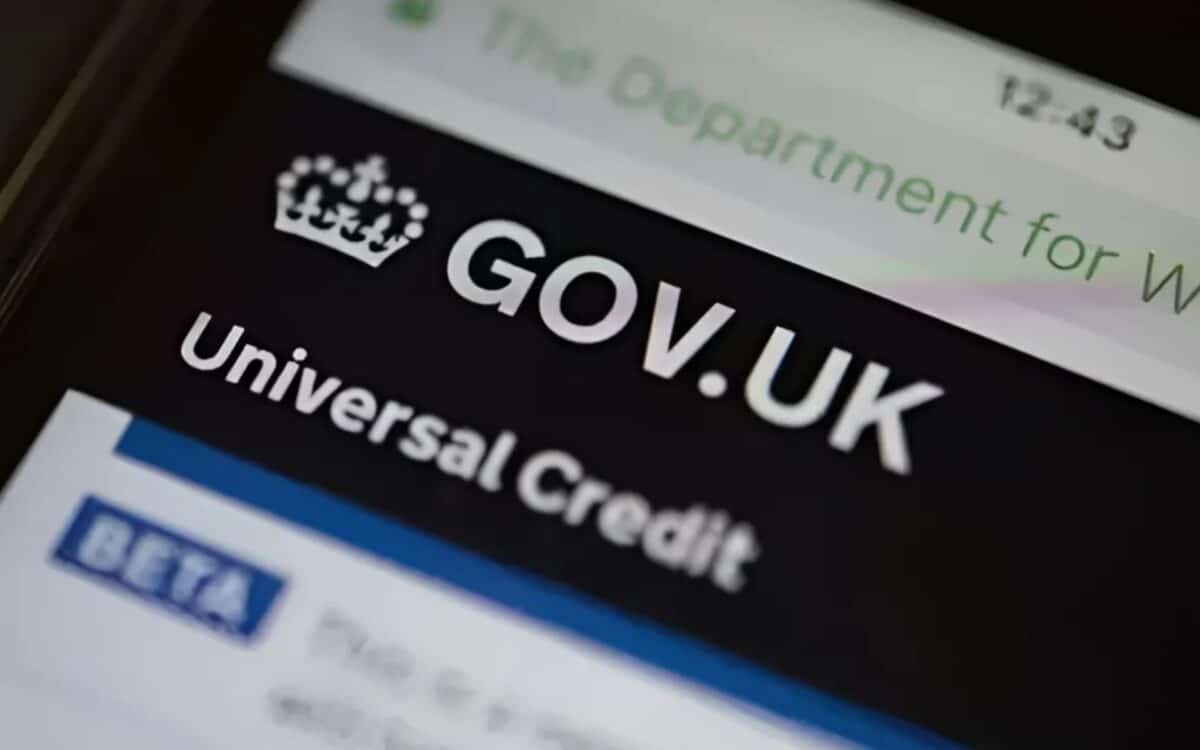The Department for Work and Pensions (DWP) is making significant changes to how Universal Credit claimants repay Budgeting Advance loans. From December 2024, the repayment time for these emergency funding would be increased from 12 to 24 months. The modification, intended to alleviate financial strains, will not apply to loans given before the effective date.
Budgeting Advance loans are crucial for those facing unexpected costs, such as repairing or replacing household items. However, the repayment terms have long caused worry among many recipients, prompting calls for reform.
Universal Credit : Longer Repayment Terms for New Budgeting Advances
Currently, Universal Credit claimants who seek a Budgeting Advance loan must repay the borrowed amount over a period of 12 months. These installments are deducted directly from the claimant’s Universal Credit payments, reducing their monthly income during the repayment period. Starting in December 2024, loans will have a 24-month repayment period, doubling the repayment length.

This change is not retroactive, so people who took out loans before the effective date will still be subject to the old 12-month repayment schedule. According to a DWP representative, the new system has been delayed to allow for necessary administrative procedure modifications. By extending the payback period, the DWP hopes to allow claimants more time to manage their finances while still fulfilling their commitments.
Eligibility Rules and Limitations Remain Unchanged
To access a Budgeting Advance, claimants must meet specific criteria, including:
- Earning less than £2,600 (£3,600 for those with partners) in the six months leading up to their application
- Not having any outstanding Budgeting Advance loans
Applying for a Budgeting Advance Loan
- To apply for a Budgeting Advance loan, claimants must:
- Submit the form online or directly to their Work Coach if required
- Log in to their Universal Credit online account
- Navigate to the application section for a Budgeting Advance
- Provide clear details about why they need the loan
- Ensure accurate income and expense information
A Step in the Right Direction, but More Work to be Done
Despite the new repayment rules, these loans are still deducted from monthly Universal Credit payments, a fact that some financial experts say could perpetuate financial strain for low-income households.
Money-saving advocates suggest that while the extended repayment period is a step forward, more comprehensive reforms to Universal Credit loan structures may be necessary to address broader concerns.









